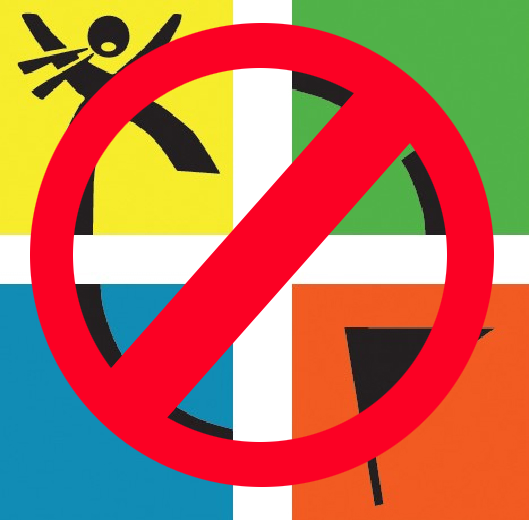A new law was passed by the state of South Carolina and signed by the governor on June 2 that places significant restrictions on geocaching activities in Department of Natural Resources lands, including wildlife management areas and heritage preserve areas. This law seems to have passed under the radar of local geocaching organizations, and hasn’t gotten much discussion – until now.
The new law states the following (and I’m copying this directly from the USCG website as edited):
Section 50 11 2200 (C)
(C) The following acts or conduct are prohibited and shall be unlawful on all wildlife management areas, heritage preserves, and all other lands owned by the department; provided, however, the department may promulgate regulations allowing any of the acts or conduct by prescribing acceptable times, locations, means, and other appropriate restrictions not inconsistent with the protection, preservation, operation, maintenance, and use of such lands:
…
(30) geocaching;
…(E) A person violating this section is guilty of a misdemeanor and, upon conviction, must be fined not less than twenty five dollars nor more than two hundred dollars or be imprisoned for not more than thirty days, or both.
In addition to the posting on the Upstate Geocacher’s website there have been several discussions on Facebook. So far most of the discussions have been level-headed and not reactionary. Most are recognizing it for what it is – an attempt to regulate all manner of activities on DNR lands. Notice the number (30) next to the word “geocaching”. This is just one activity in a long list that includes hiking, trapping, target shooting, and a variety of other things. If anything, it’s a recognition of geocaching as a possible activity that might take place on DNR lands. The phrase that tends to get over looked in that passage is the following:
provided, however, the department may promulgate regulations allowing any of the acts or conduct by prescribing acceptable times, locations, means, and other appropriate restrictions not inconsistent with the protection, preservation, operation, maintenance, and use of such lands:
This simply means that DNR would like to regulate these activities, and not ban them outright.
